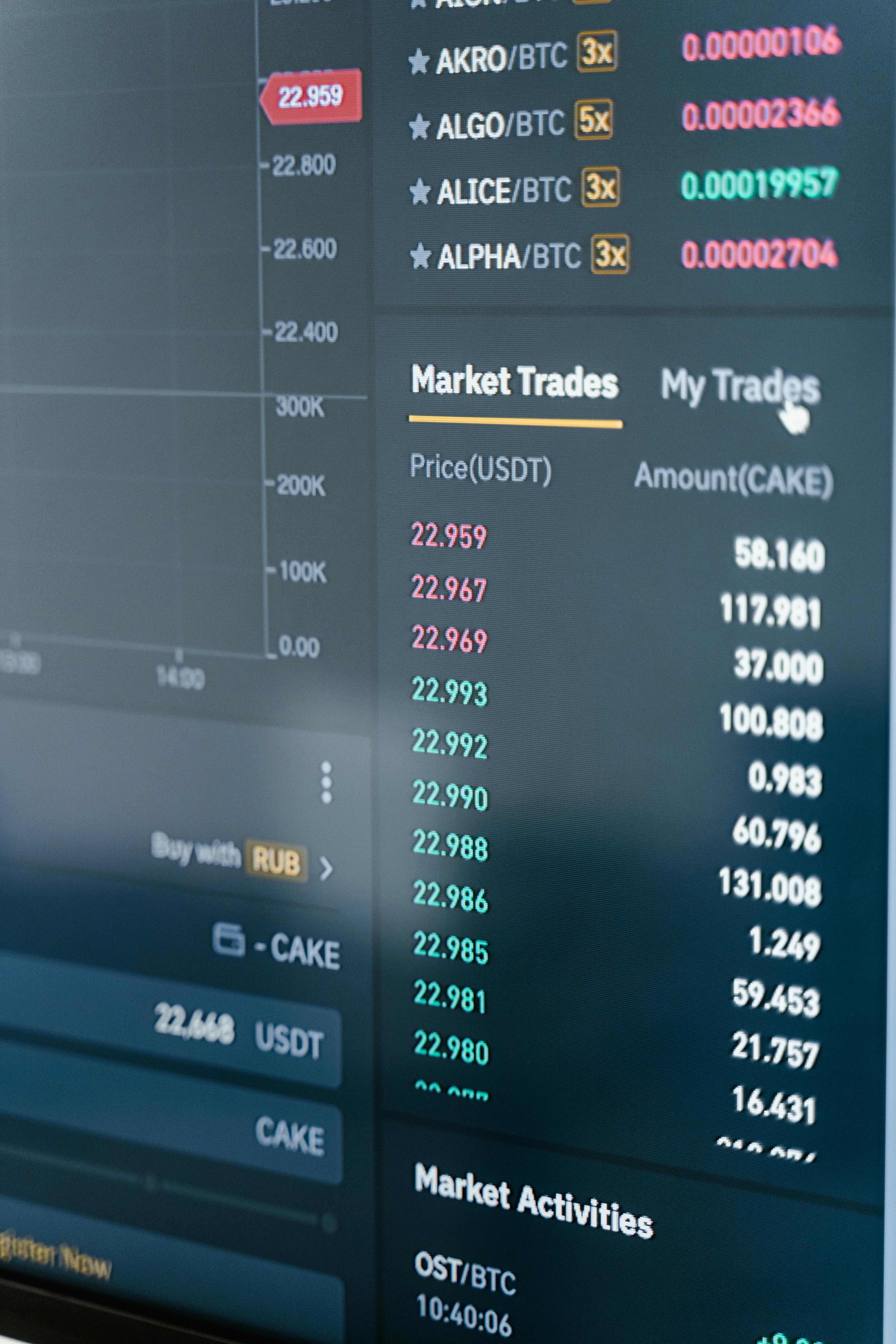
Regulatory Compliance in DeFi Platforms: Navigating Legal Complexities in Blockchain Ecosystems
Regulatory Compliance in DeFi Platforms: A Comprehensive Guide
Understanding the Regulatory Landscape
Decentralized Finance (DeFi) platforms have emerged as transformative financial technologies, challenging traditional regulatory frameworks and introducing complex legal considerations across multiple jurisdictions. As blockchain technologies continue to evolve, regulatory compliance has become a critical component for sustainable development and institutional adoption.
Global Regulatory Frameworks
Different jurisdictions have developed unique approaches to regulating DeFi platforms. The United States, through agencies like the SEC and CFTC, has implemented stringent guidelines focusing on investor protection and securities regulations. Conversely, jurisdictions such as the Cayman Islands and British Virgin Islands have adopted more flexible regulatory environments that encourage blockchain innovation.
Comparative Regulatory Analysis
| Jurisdiction | Regulatory Approach | Key Considerations |
|---|---|---|
| United States | Strict Securities Regulation | High compliance requirements |
| Switzerland | Technology-Neutral Framework | Crypto-friendly environment |
| Cayman Islands | Flexible Regulatory Sandbox | Minimal entry barriers |
| Liechtenstein | Comprehensive Blockchain Act | Clear legal classification |
Compliance Strategies for DeFi Platforms
Successful DeFi platforms must implement robust compliance mechanisms that address multiple regulatory dimensions. This includes comprehensive Know Your Customer (KYC) protocols, Anti-Money Laundering (AML) frameworks, and transparent reporting mechanisms.
Top DeFi Compliance Protocols
- Chainalysis KYT: Advanced transaction monitoring platform
- Ciphertrace Cryptocurrency Compliance: Comprehensive risk management solutions
- Solidus Labs: Advanced market surveillance technologies
- Merkle Science: Predictive blockchain risk management
Technological Innovations in Regulatory Technology
Emerging technological solutions are revolutionizing regulatory compliance in blockchain ecosystems. Machine learning algorithms, advanced cryptographic techniques, and decentralized identity verification systems are providing more sophisticated approaches to meeting complex regulatory requirements.
Legal Considerations for Token Offerings
Tokenization represents a critical area of regulatory scrutiny. Platforms must carefully navigate securities laws, ensuring that token offerings comply with local and international regulations. This involves comprehensive legal assessments, investor accreditation processes, and transparent documentation.
Market Impact and Future Trends
Recent market data from 2023-2024 indicates a growing trend towards regulatory convergence. According to a report by Consensys, approximately 65% of institutional investors prioritize regulatory compliance when evaluating blockchain investments.
Emerging Compliance Statistics
| Metric | 2023 Value | Projected 2024 Growth |
|---|---|---|
| Compliance Budget Allocation | $2.3B | 42% Increase |
| Regulatory Technology Investments | $1.7B | 35% Growth |
Risk Mitigation Strategies
Effective risk mitigation requires a multifaceted approach combining technological solutions, legal expertise, and proactive governance frameworks. Platforms must develop adaptive compliance strategies that can respond to evolving regulatory landscapes.
RWA.codes: Your Compliance Partner
At RWA.codes, we specialize in developing comprehensive blockchain solutions that seamlessly integrate advanced compliance technologies. Our expertise spans tokenization, legal framework development, and regulatory technology implementation across global jurisdictions.